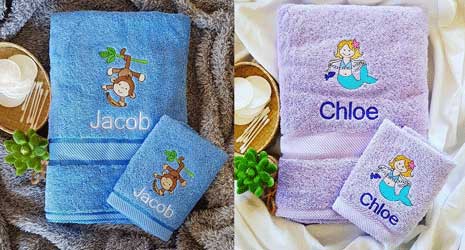Fostering Siblings: Challenges and Rewards of Keeping Families Together

While it’s not always possible for siblings to stay together, research shows that keeping siblings together in foster care provides major benefits for their wellbeing and development. This article explores the challenges and rewards of placing siblings together in foster homes.
The Challenges of Placing Sibling Groups
Placing groups of three or more siblings together can pose logistical difficulties for foster care agencies. Sibling groups take up more room in a foster home, so there are fewer available placements. Foster carers may not have enough bedroom space or resources to take on large sibling sets.
On top of logistics, sibling rivalry and difficult behaviours can be amplified when siblings are placed together. Competition for attention or acting out as well as conflict between siblings may require interventions. Despite these challenges, prioritising sibling bonds has lifelong benefits.
The Importance of Maintaining Sibling Connections
Research strongly supports keeping siblings together in care whenever possible. Siblings provide a source of continuity, familiarity and comfort during a profoundly disruptive time. Staying together helps siblings maintain family roles, shared memories and cultural connections. Studies show that when placed together, siblings have increased resilience, better mental health outcomes and higher self-esteem.
Older siblings often become protective figures and stabilising influences on younger foster children. Younger children experience fewer behavioural issues when placed with siblings. Maintaining these pivotal relationships is important.
Supporting Successful Placements of Sibling Groups
While sibling group placements have added challenges, foster carers can support positive outcomes through several strategies:
- Taking advantage of specialised training to prepare foster carers for sibling dynamics
- Going to family therapy and support groups
- Offering to take sibling groups together
- Facilitating regular shared activities for fostered siblings
- Ensuring ongoing contact if separation is unavoidable
When siblings have experienced trauma and upheaval, staying together can rebuild security, trust and family bonds. Work with a foster agency that looks for creative, thoughtful ways to nurture these vital relationships. There is always the option to transfer fostering agency if your current agency isn’t as supportive as you’d like.
The Rewards of Fostering Siblings
The rewards of keeping siblings together make the extra effort worthwhile for foster families. Watching siblings comfort and care for each other through difficult transitions is deeply meaningful. Fostering siblings reinforces a sense of family, rather than dividing children into separate homes.
Seeing positive impacts on children’s wellbeing also motivates foster carers. Siblings who stay together often show improved behaviour, self-esteem and mental health. Foster carers have the privilege of witnessing siblings reconnecting through play, laughter and shared memories. With support, siblings can emerge from care as a stronger, closer-knit family unit.
Research clearly demonstrates the substantial benefits of placing siblings together in foster homes. While logistics and sibling conflict can be challenging, foster families should make every effort to nurture these important family bonds. Foster carers willing to welcome sibling groups provide security and continuity in children’s lives. Prioritising sibling relationships transforms foster care into an opportunity for families to grow stronger together.


















































































































































































































































































































































































































































































































































































































































































































































































































































































































































































































































































































































































































































































































































































































































































































































































































































































































































































































































































































































































































































































































































































